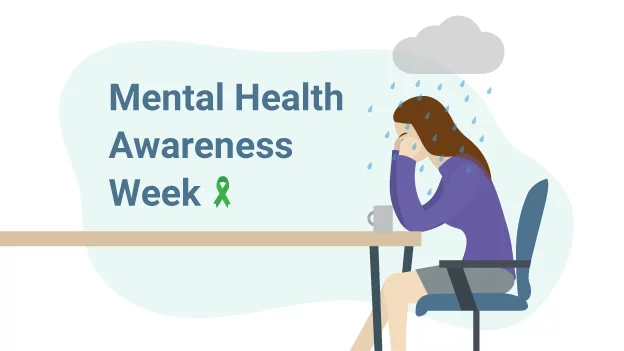Mental and physical health are equally important components of overall health. There is no single cause of mental illness and there are a number of risk factors. It is estimated that 1 in 5 American adults will experience a mental health issue in any given year. Nearly 1 in 4 active duty service members showed signs of a mental health condition (JAMA Psychiatry, 2014). Among active-duty troops, mental health related appointments accounted for roughly 16{e577f2e255613ded01a030e42bce2808ed901289218648e026d62c4ad00509a4} of all military medical appointments (DoD, 2018). A higher prevalence of emotional and behavioral difficulties were found among children of military families’ ages 11 to 17 compared to their general population peers. Many people with mental health concerns don’t seek treatment, including military personnel. Below are available strategies and resources.
TIPS AND STRATEGIES TO HELP:
Do a self-assessment on yourself daily. How are you doing? Are you feeling stressed, annoyed, detached, shut down or self-isolating? Have your eating or sleeping patterns changed?
Don’t forget to check in on your child, family member or coworkers. Look out for any negative changes in their behavior, appearance or mood. Ex: increased irritability, appears disheveled, self-isolating, increased tardiness or call outs from work.
At home or in the workplace, create an open environment for help-seeking behavior.
Don’t downplay, ridicule or gossip about a person’s mental health concerns.
Provide support, reassurance and encouragement.
Identify available resources through your employee assistance program, community mental health providers or school counselors/psychologists.
Don’t be hesitant to seek out help for yourself or encourage others to do so, if needed.






